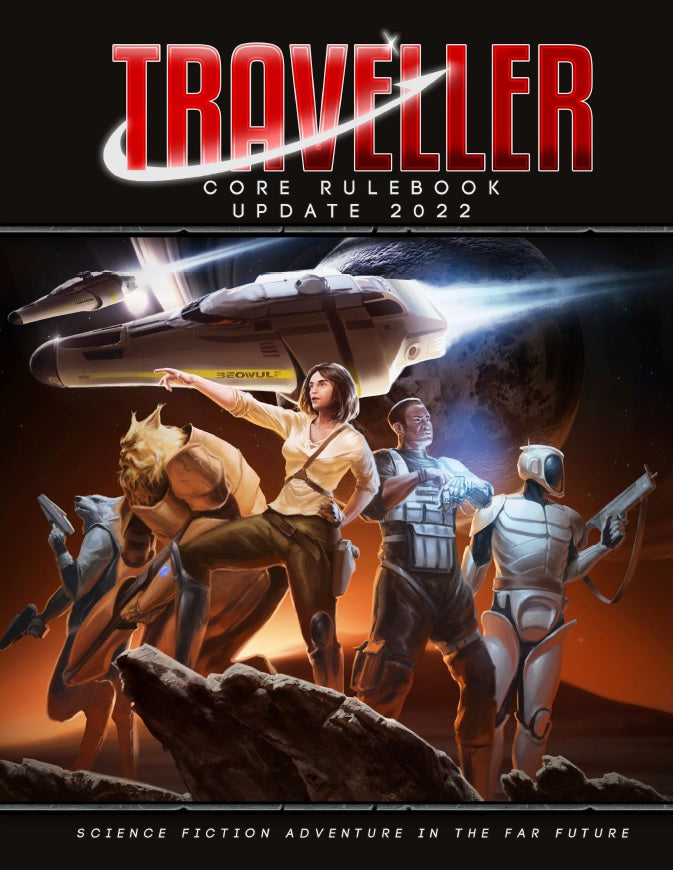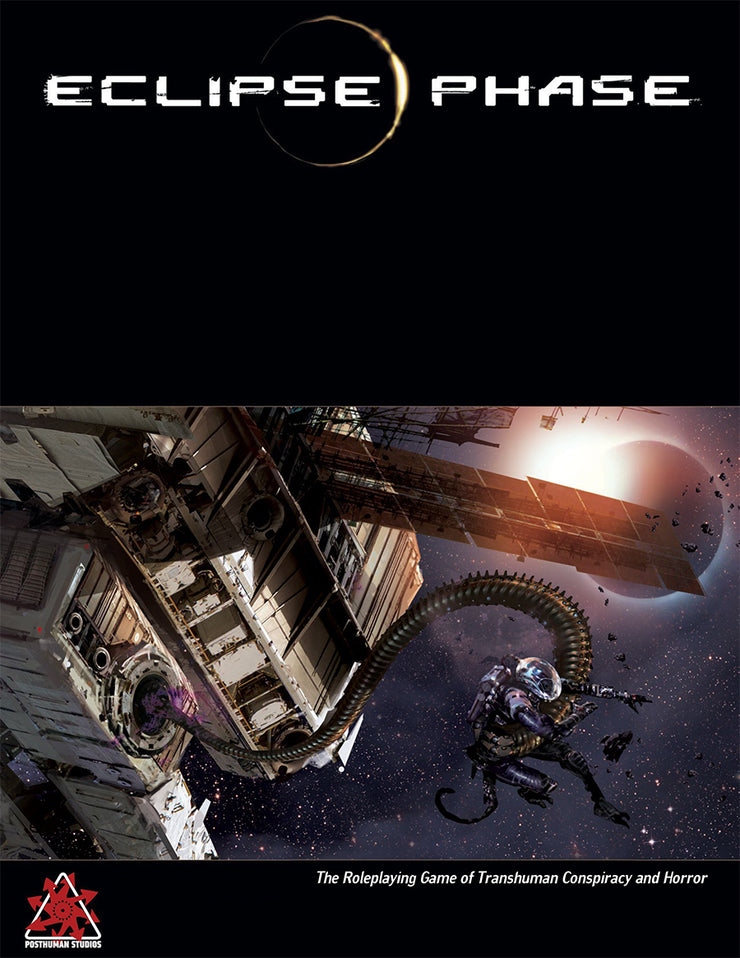Battletech Science Fiction; Military; Tactical Combat; Resource Management; Character Customization; Political
BattleTech is a science fiction tabletop roleplaying game set in the 31st and 32nd centuries, focusing on military, tactical combat involving giant mechs, and political intrigue. While rooted in complex mechanics from its wargaming origins, it offers character customization and resource management, appealing to players interested in deep strategic gameplay and immersive world-building. The setting blends 'Game of Thrones' with 'Pokémon', where noble houses engage in political disputes with giant robot fights. Despite its complexity, BattleTech aims to offer a seamless transition between large-scale wargame combat and the more personal aspects of role-playing.
Theme and Setting
BattleTech is set centuries into the future where humanity has spread across the stars, forming various factions and societies. The primary focus is on the BattleMech, a giant bipedal robot used for warfare. The setting emphasizes political maneuvering, interstellar conflict, and the lives of those caught in the crossfire. Several eras exist within the BattleTech universe, each featuring unique factions and available technology. The lore is extensive, covering everything from societal ranks to the intricacies of clan life, creating a comprehensive backdrop for roleplaying. A review highlights its nature by comparing the setting to a blend of Game of Thrones and Pokemon.
Core Mechanics and Rules
The core mechanics of BattleTech, particularly in A Time of War, revolve around 2D6 dice rolls. Characters act as modifiers to these rolls, aiming to exceed a target number. A notable aspect is the ability to combine two attributes to overcome challenges that skill rolls alone cannot address. However, the system's detailed approach to combat, even outside of mechs, can be cumbersome, requiring meticulous tracking of damage types and hit locations. This granularity can slow down even simple encounters. The ruleset aims to integrate seamlessly with the tabletop wargame, allowing players to transition between the RPG and large-scale combat scenarios. Character creation can be a complex endeavor, involving either a point-buy system or a module-based approach. The Life Module system, while intending to immerse players in the world, involves extensive record-keeping and calculations, potentially requiring external tools to manage.
What Makes It Unique
BattleTech's uniqueness stems from its seamless integration of wargaming and roleplaying elements. The detailed combat mechanics, while potentially cumbersome, offer a tactical depth not commonly found in other RPGs. The setting itself, with its focus on giant robots, political intrigue, and interstellar warfare, provides a distinctive backdrop for storytelling. While some consider its mechanics overly complex, particularly for newcomers, the game appeals to those seeking a deeply strategic and immersive experience. Unlike other RPGs, BattleTech emphasizes the importance of mechs in its universe, suggesting that playing as a MechWarrior is the most fulfilling experience. The setting encapsulates what players love about the setting and it is encouraged that those interested in tactical combat try Battletech Alpha Strike.
Target Audience and Player Experience
The target audience for BattleTech is primarily those who enjoy military science fiction, tactical combat, and complex character customization. Players who appreciate resource management and political strategy will also find the game appealing. However, the game's complexity and extensive lore can be overwhelming for newcomers. The player experience can vary depending on the edition and the group's preferences. Some editions may be more streamlined, while others offer a more granular and simulationist approach. Ultimately, BattleTech caters to players who enjoy a deep dive into a well-developed universe and are willing to invest time in mastering its intricate systems. For those new to the franchise, some recommend starting with video game adaptations before diving into the tabletop version. Other alternatives that can be explored for TTRPGs with mech based themes are Rifts (Savage Worlds) or Lancer.



